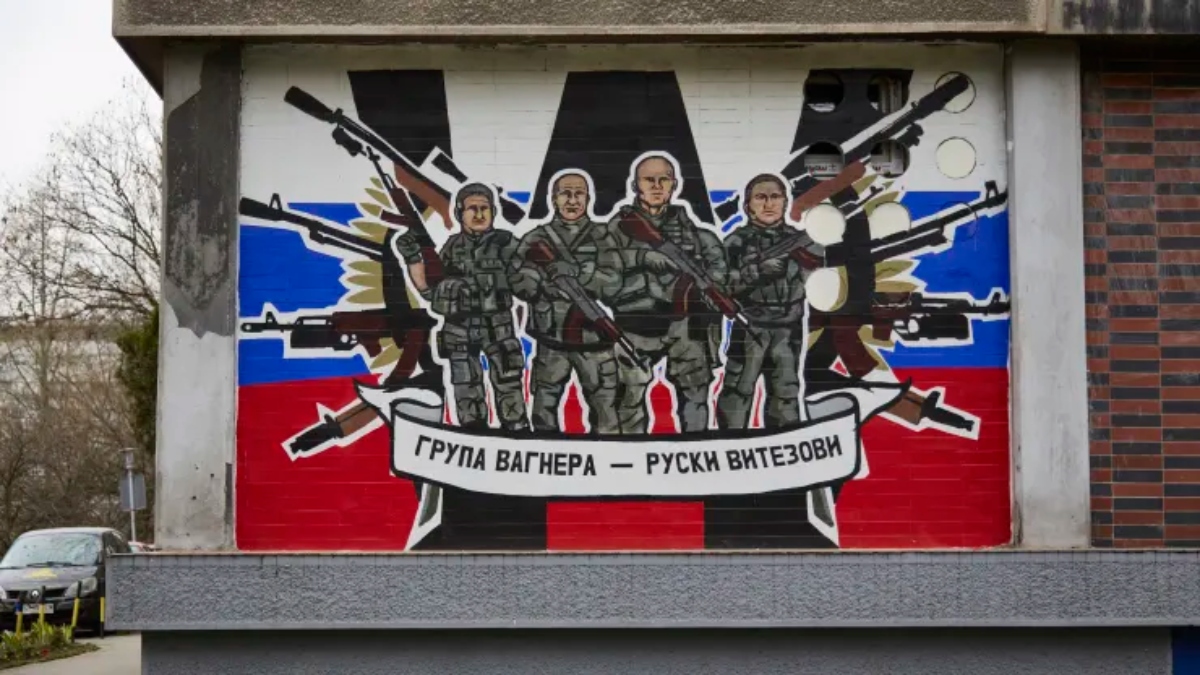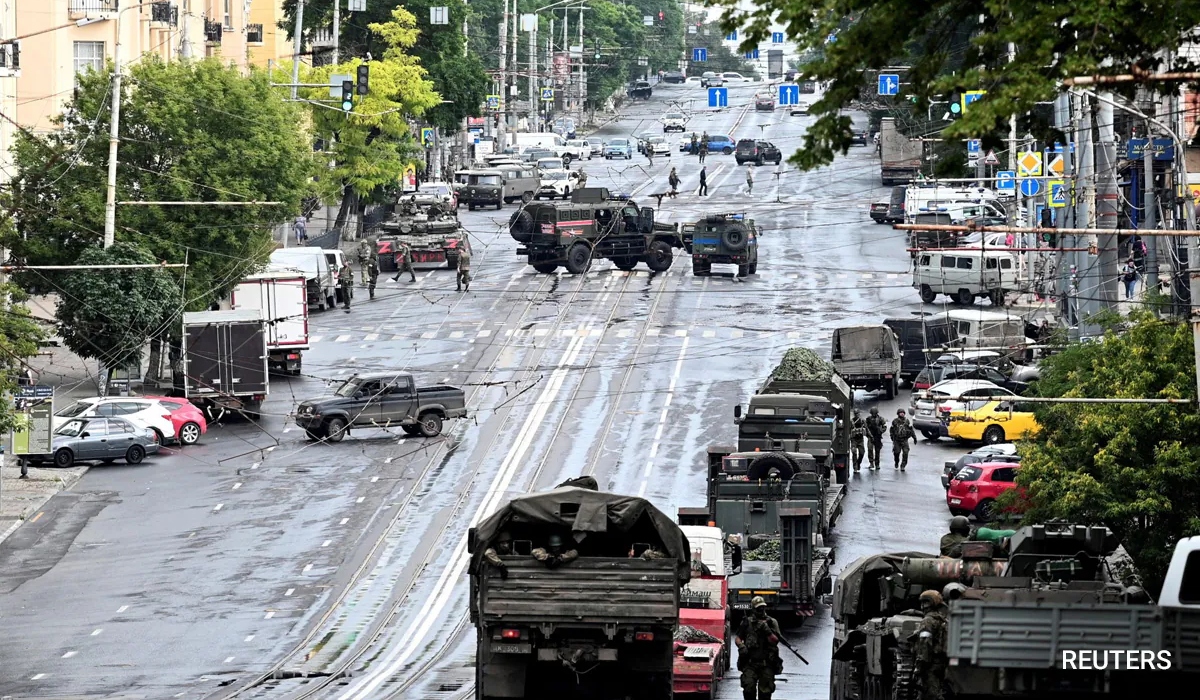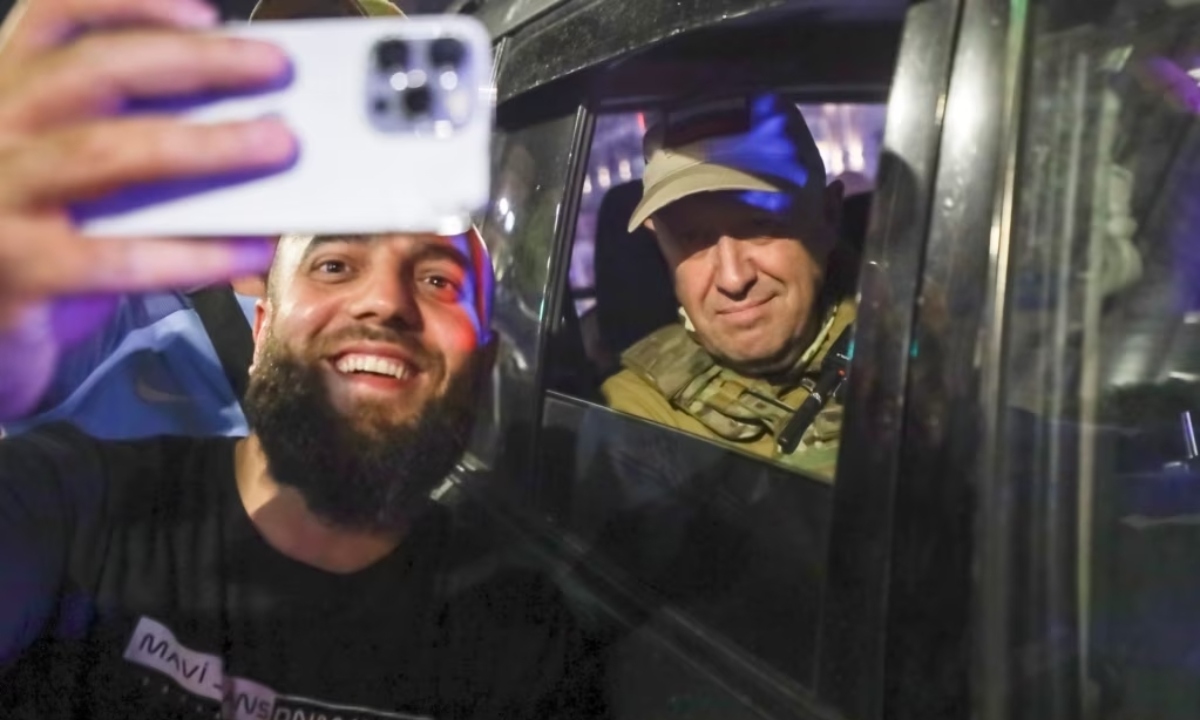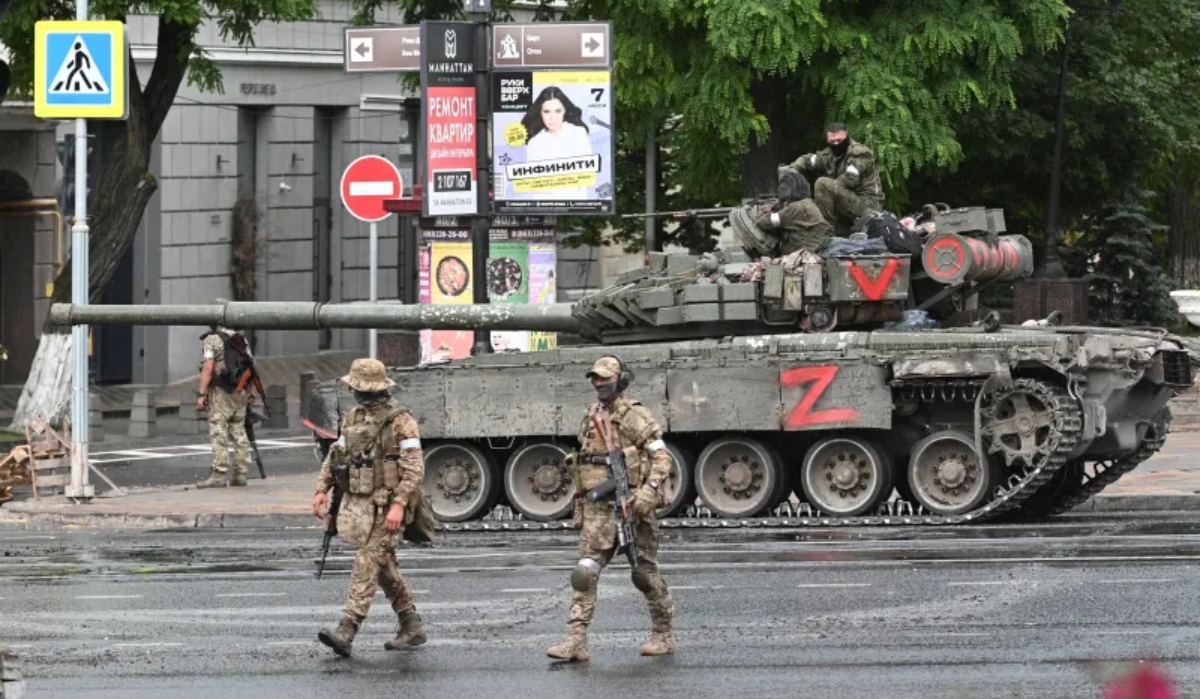The Wagner Rebellion: Everything You Need To Know About the Failed Coup That Shook Vladimir Putin’s Russia
A dramatic rebellion against President Vladimir Putin by the Wagner mercenary group in Russia ended peacefully after a surprise intervention by Belarus. Here’s what you need to know about the Wagner Rebellion and why it matters.
What is Wagner?

Wagner is a private paramilitary group operating in various conflict zones worldwide, such as Syria, Libya and Ukraine. It is widely believed to be funded and controlled by Yevgeny Prigozhin, a Russian businessman and close associate of President Vladimir Putin. Prigozhin is also known as “Putin’s chef” because of his catering contracts with the Kremlin.
The Wagner Rebellion: What Happened In Russia?
On Friday, June 23, Prigozhin released a video message accusing Russia’s military leadership of incompetence and corruption in the war in Ukraine. He called for a “march for justice” against Defense Minister Sergei Shoigu and Chief of General Staff Valery Gerasimov, whom he blamed for the deaths of hundreds of Wagner fighters in a US airstrike in Syria in 2018.

On Saturday, June 24, Prigozhin announced that his men had crossed the border from Ukraine into Russia and were heading for Moscow. He claimed they had taken control of several military facilities in the southern Russian cities of Rostov and Voronezh and threatened to go “all the way” to Moscow if Shoigu and Gerasimov did not meet him.
Putin responded by calling Wagner’s actions “a stab in the back” and “a treasonous armed mutiny”. He vowed to crush the rebellion and punish those responsible. He also ordered a counter-terrorism operation and tightened security around Moscow.
How Did The Wagner Rebellion End?
Later on Saturday, 24 June, Belarusian President Alexander Lukashenko announced that he had brokered a deal with Prigozhin to de-escalate the situation and avoid bloodshed.
The Kremlin confirmed the deal and said Prigozhin was off to Belarus as of Saturday.
The Kremlin and the Russian Defence Ministry want Wagner mercenaries to sign official contracts with the military by 1 July, which could herald the end of the Wagner and is suspected to be one of the reasons for the mutiny.
The Kremlin said all criminal charges against Prigozhin and Wagner mercenaries involved in the rebellion would be dropped.

Why does it matter?
The Wagner rebellion was a significant challenge to Putin’s authority and a sign of growing discontent within Russia’s security establishment. It also exposed the fragility of Russia’s military involvement in Ukraine and other regions, where Wagner acted as a proxy force for Moscow’s interests.
The deal with Belarus may have averted a violent confrontation, but it also raised questions about Putin’s ability to control his allies and enemies. Prigozhin’s departure may create a power vacuum in Wagner’s areas of operation, which could have implications for regional stability and security.
The incident also highlighted the role of Belarus as a mediator between Russia and its opponents. Lukashenko, who has faced mass protests and Western sanctions over his disputed re-election last year, may have gained some leverage and legitimacy by resolving the crisis.
